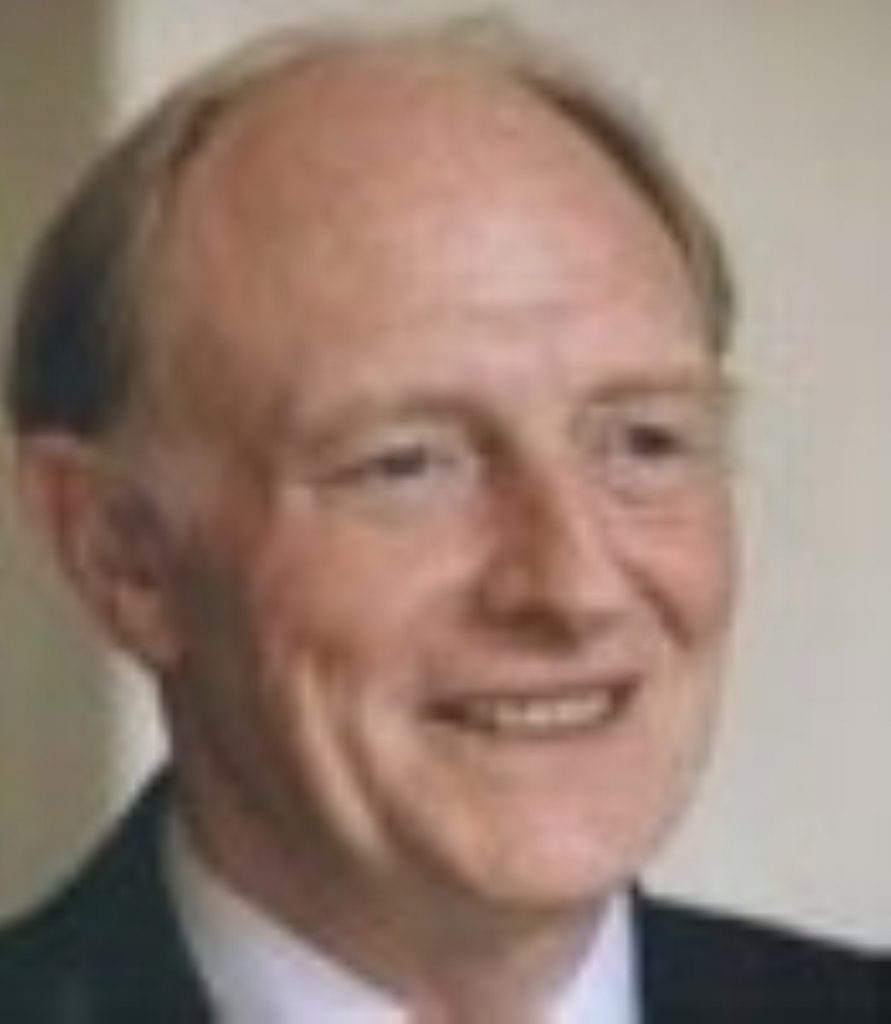Kinnock to make case for compulsory voting
European Commissioner Neil Kinnock has pledged to make the case for compulsory voting after he receives his life peerage in the House of Lords.
Mr Kinnock told BBC One’s Breakfast with Frost that he was persuaded to accept a peerage so that he could help reform the House of Lords from within.
As part of such reforms, he responded in the affirmative when asked whether there was a case to be made for compulsory voting.
“What I’m intending to do in my retirement after the Commission is to make that case. Whether myself and others that feel like me and form an organisation or not is a matter of further deliberation”, he said.


Mr Kinnock said the need for a shake-up of the electoral system was all the more pressing given the “substantial cynicism” currently in circulation.
Making voting compulsory would also shore-up the flagging turnout witnessed in recent elections.
He argued: “When in the last general election only 59 per cent of our fellow citizens turned out to vote, the argument for compulsory voting has grown in substance.”
“Whether we were to get it or not in the foreseeable future, I think that it’s an argument that deserves to be had.”
Mr Kinnock highlighted as a “model Britain should aim towards”, the system of compulsory voting in Belgium, where he said results have been “highly satisfactory”.
The former Labour leader will assume his new responsibilities once the EU Commission gets the thumbs up from MEPs.
The new president of the Commission, Jose Manuel Barroso, was forced to withdraw his entire team of commissioners on Wednesday after a row over Italian candidate Rocco Buttiglione.
Mr Buttiglionehad had faced intense opposition from the European Parliament over his controversial views on homosexuality and the role of women.
Mr Kinnock, commenting on how long the delay will be until he can end his tour of duty in Brussels, said: “The fact that Mr Buttiglione is no longer a factor should abbreviate the process.”
But he admitted it was “very difficult” to attach an accurate timeline to the process.
Mr Kinnock concluded by admitting his decision to accept a life peerage was not taken “casually”, saying he gave much deliberation to fact that it entails wide-ranging responsibilties.












